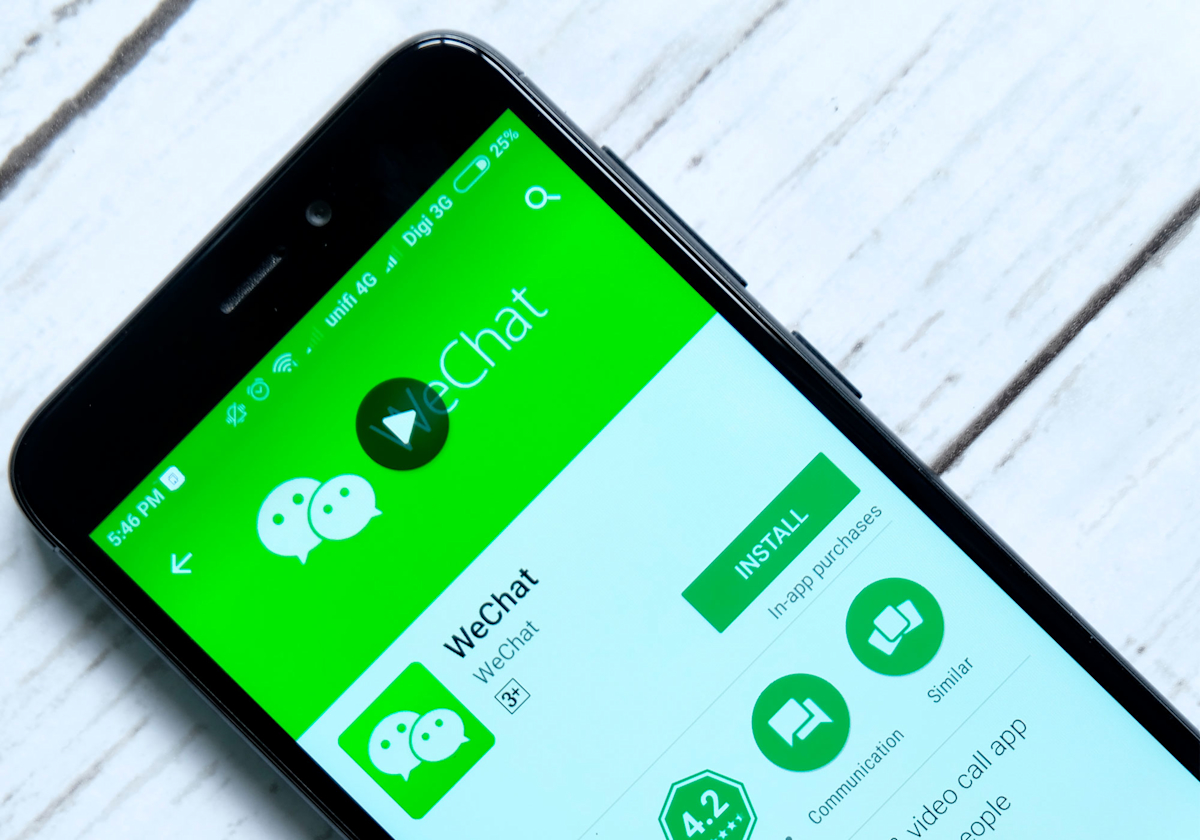One of the first things many people in China do when they wake up is reach for their phone and open up the WeChat app on their phones. With over 1b users – WeChat is the most popular social app in China, and for many is the predominant form of keeping in touch with friends, family and even work colleagues. But over the last few years it has transformed from a simple messaging tool to become an integral part of daily life. We recently added WeChat’s owner Tencent Holdings to the portfolio as we see a long growth runway as they leverage the dominance of the WeChat app.
In China, like many developing markets, the mobile phone is how people access the internet. This is not unique to China, there are 3 billion people globally who have a smart phone and don’t have a laptop. “For all intents and purposes WeChat is your phone, and to a far greater extent in China than anywhere else, your phone is everything,” wrote Ben Thompson, of the tech blog Stratechery. You can play games, pay bills, book a plane ticket or doctor’s appointment, rent a car or bike and even have food delivered—all on WeChat. Around 50% of all time spent in mobile apps each day is on WeChat and the wider Tencent ecosystem.
One of the key features of WeChat is the ability to pay for almost everything on the app. Mobile payment has taken off in China in a way not seen anywhere else in the world. This was helped by the lack of credit and debit cards, as well as the rapid adoption of mobile phones. It is so popular that in the larger cities many people don’t even carry cash.
By simply scanning a QR code you can pay for your bus, your lunch and it has even replaced the tip jar, with beggars and buskers even accepting mobile payments.
While in the early days mobile payments was dominated by ecommerce giant Alibaba, Tencent has built off the popularity of its WeChat app to now have almost half of the market. The success of WeChat is not random. It continues to evolve and with each new iteration it aims to make peoples’ lives easier.
Now despite the dominance of the WeChat platform, it makes up less than 40% of Tencent’s revenue. The majority of revenues come from its market leading position in China’s online gaming market, as well as the video and music streaming markets (it owns the equivalent of the Netflix and Spotify of China). However, we believe Tencent is still at the early stages of monetising WeChat via advertising, payments and financial services, and we see many years of growth ahead.

